Miracle in Milan (1951)
“All we need’s a shack to live and sleep in.”
|
Synopsis: |
|
Genres, Themes, Actors, and Directors:
Review: … as does an ensuing scene in which Gramatica is giddy to discover spilled milk on her cottage floor: … given that she can instantly turn it into a makeshift map of a village with a milk-river running through it. As she exclaims to Toto, “What a great big place the world is!” Once Toto has grown up into a preturnaturally positive young man (Golisano): … he continues to turn every challenge into an opportunity for gratitude and charity — starting with having his valise stolen by an impoverished man, then bunking with him in his freezing-cold, tent-like accommodations. From there, Toto helps turn their local dump into a livable village, all while ensuring the children learn their multiplication facts by painting them on all the signs: We root for Toto when he falls instantly in love with a sweet, mistreated servant (Brunella Bovo): … and are disheartened by the persistent baddies eager to exploit the “disposable” masses: Thankfully, Gramatica’s magical charm arrives at just the right moment to turn everything around — but to say more would spoil the story. This neo-realist fable remains an unusual treat, and is worth seeking out. Notable Performances, Qualities, and Moments: Must See? Categories
Links: |
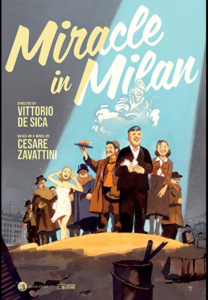
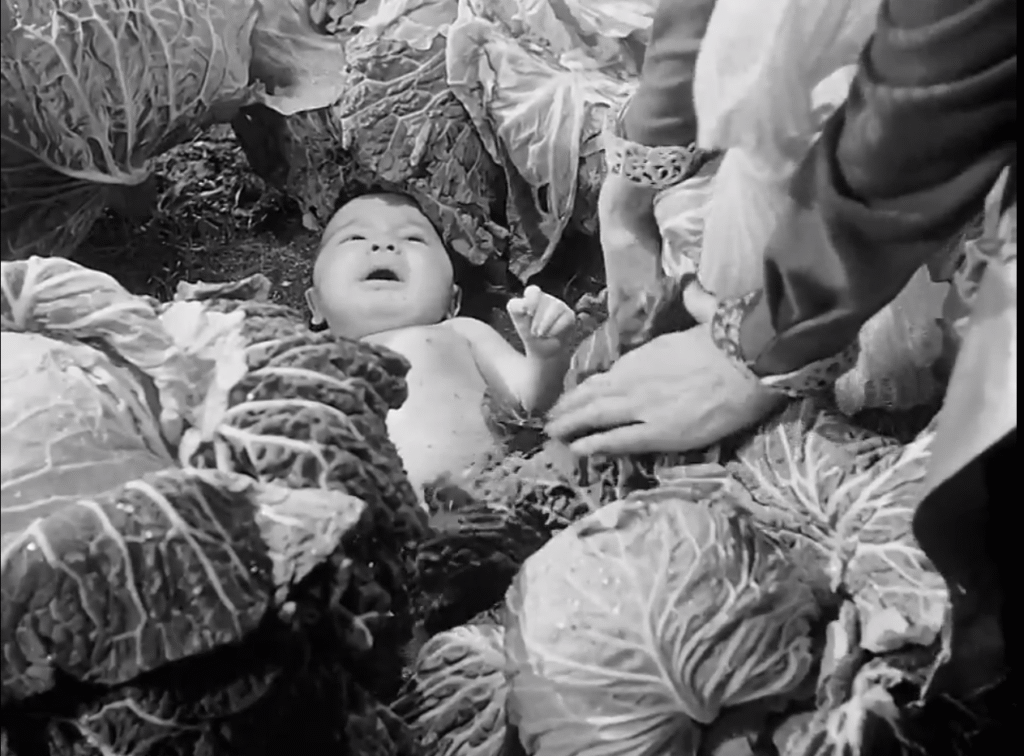
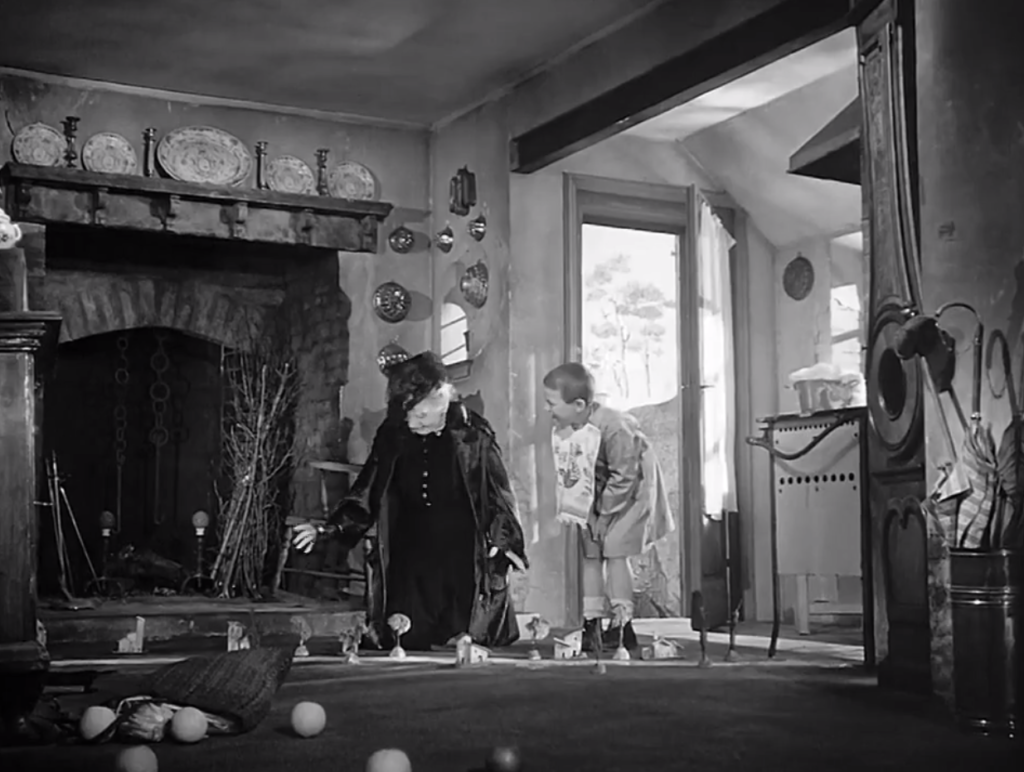
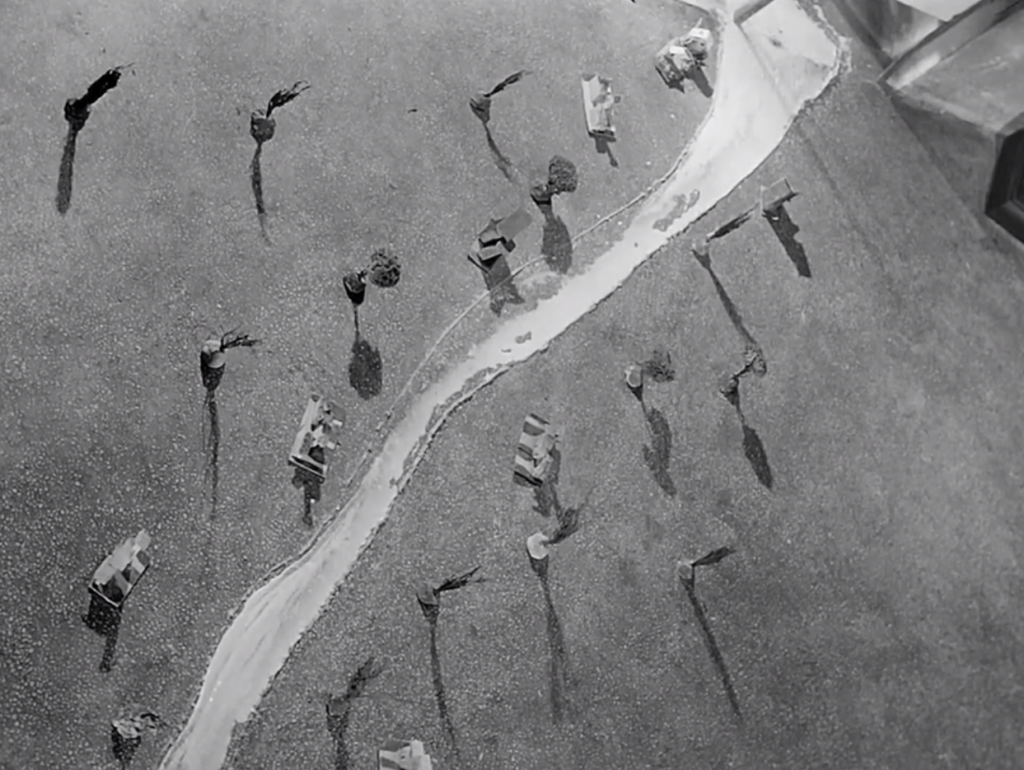
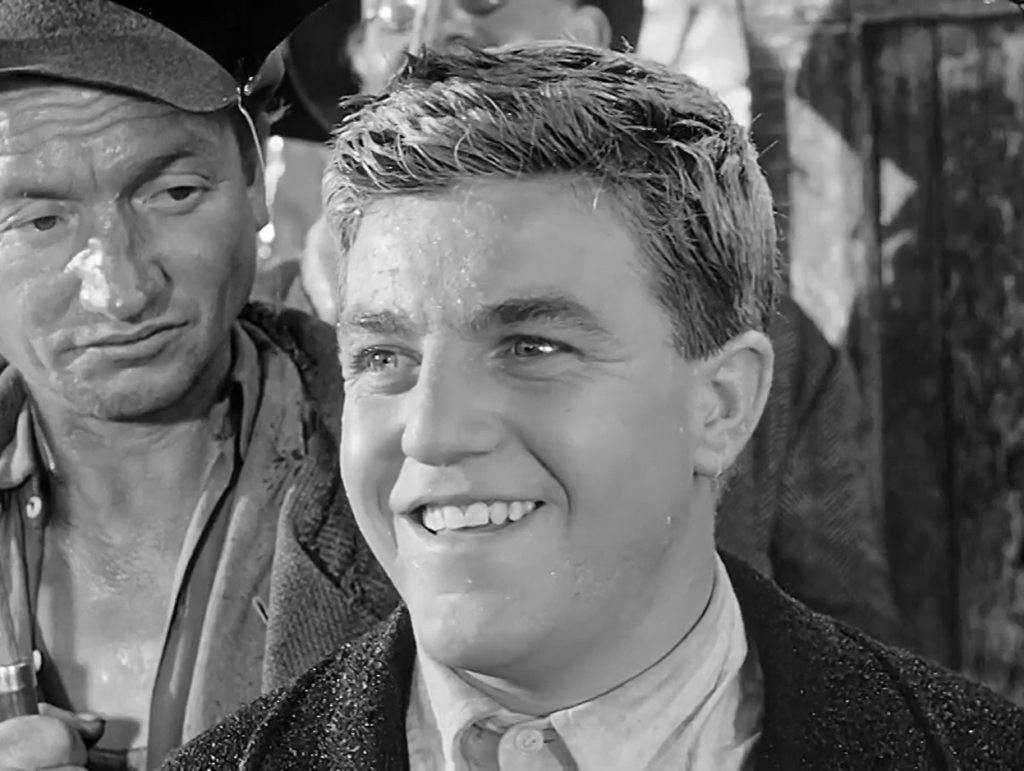
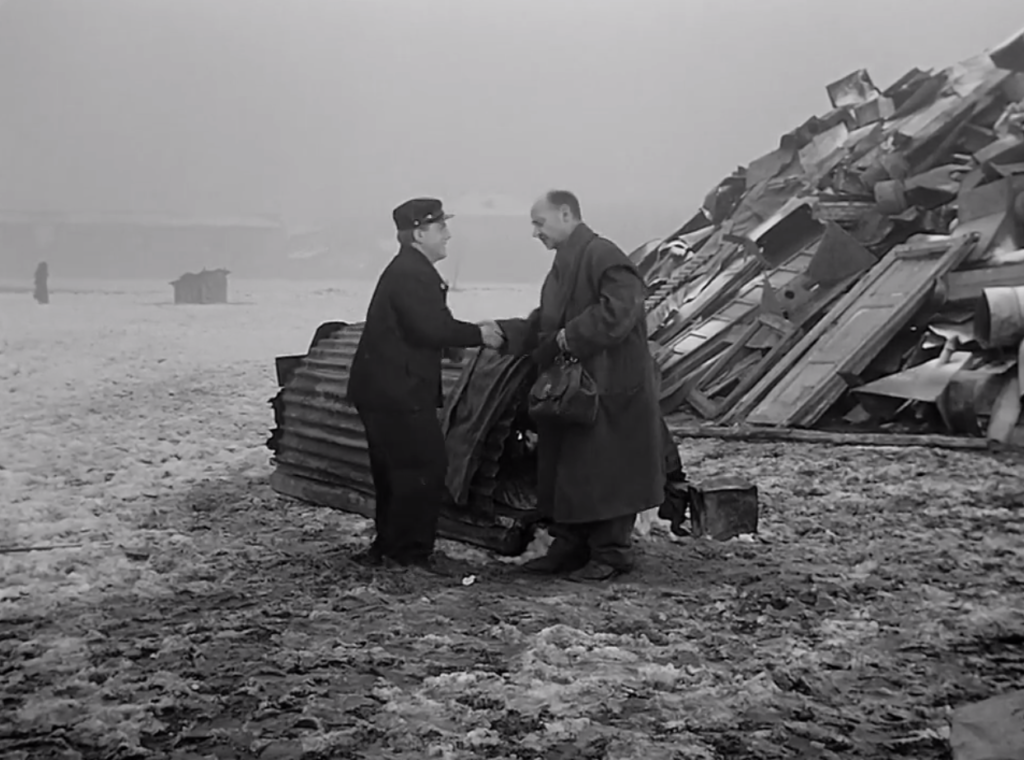
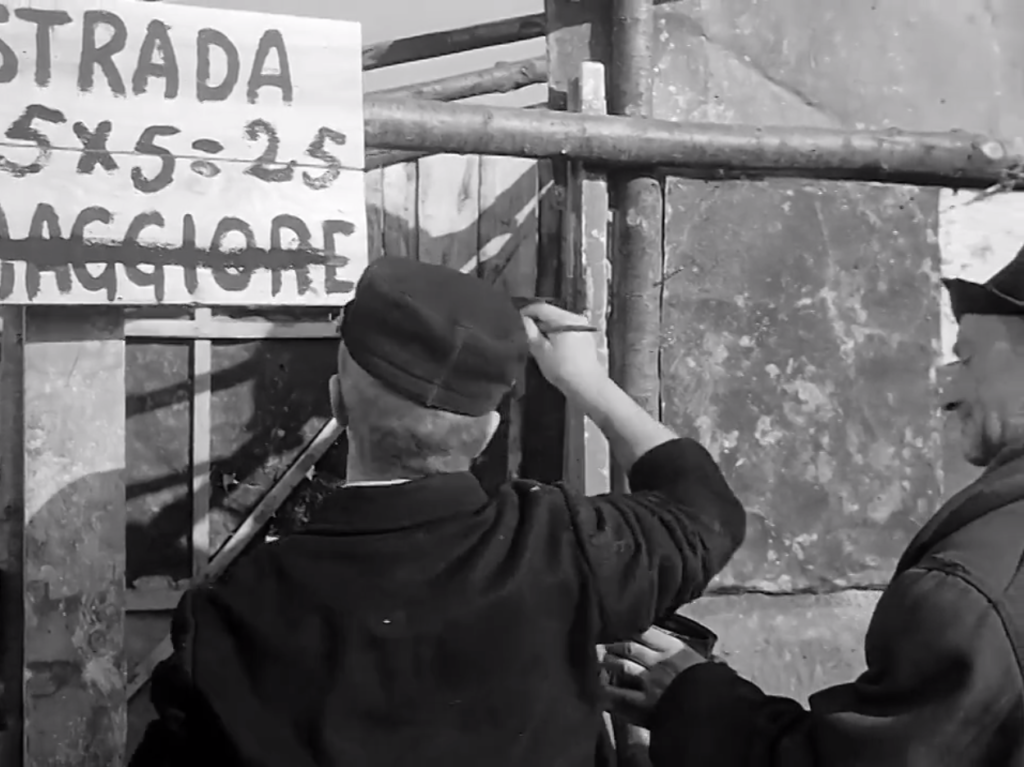
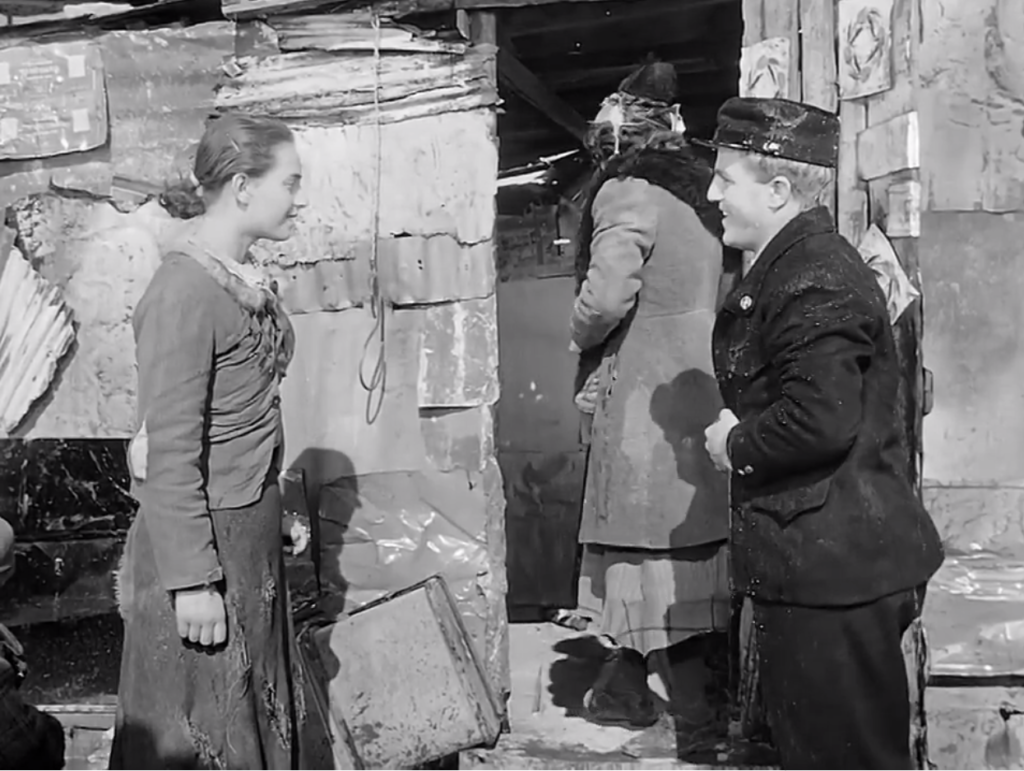
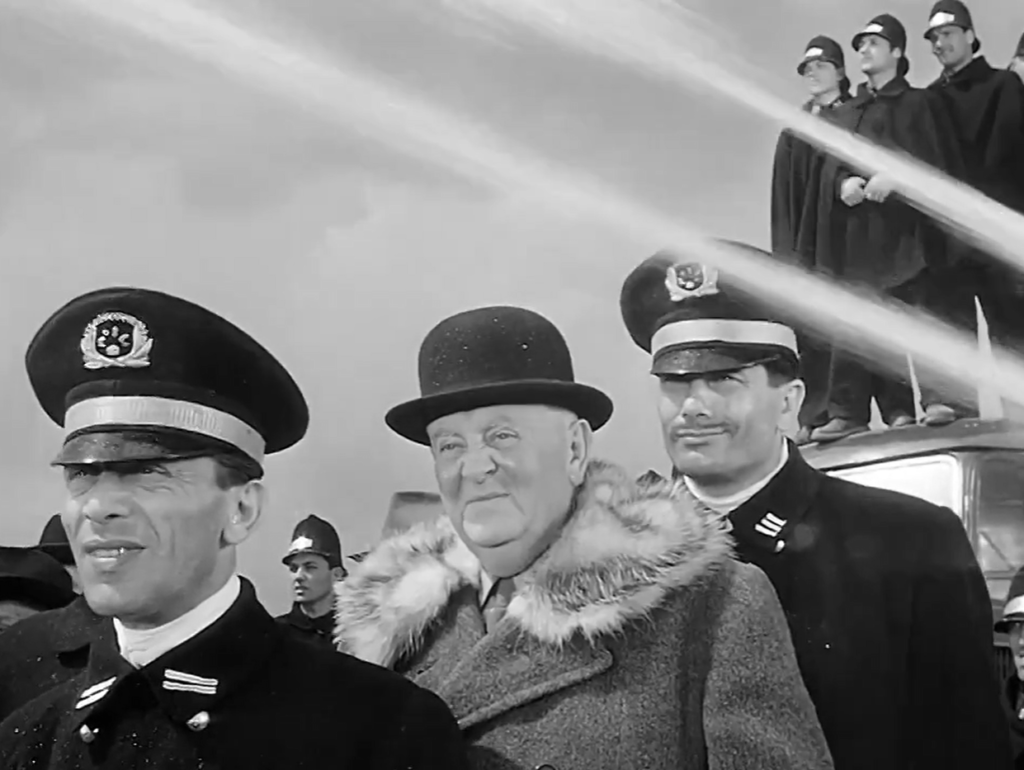
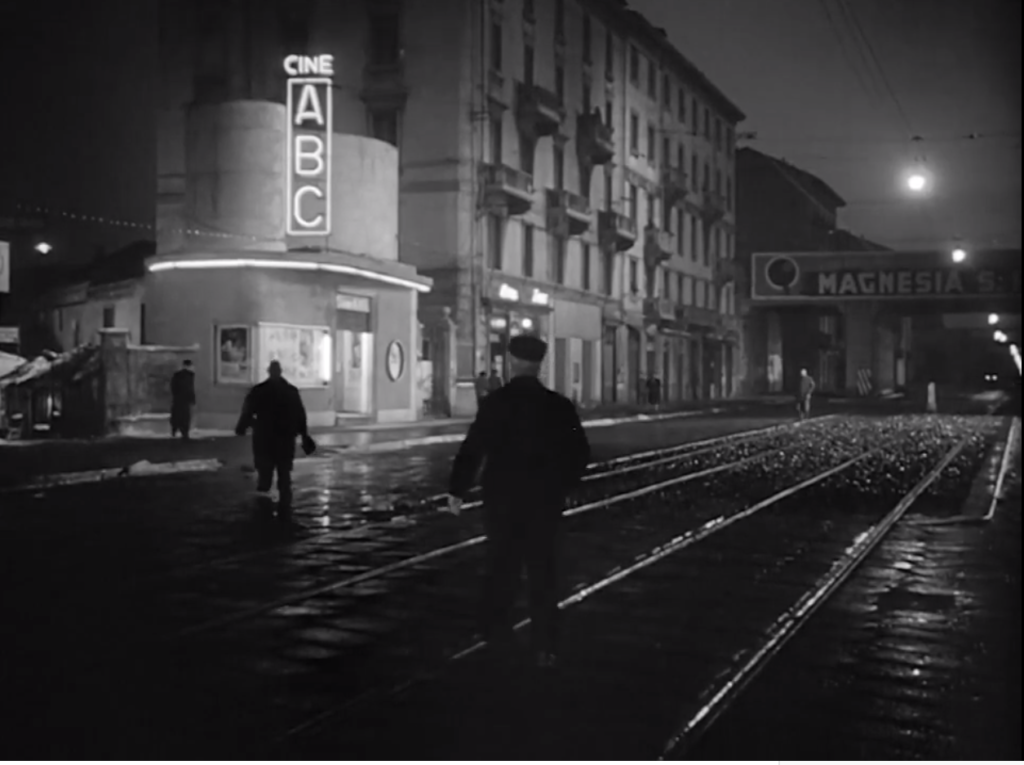
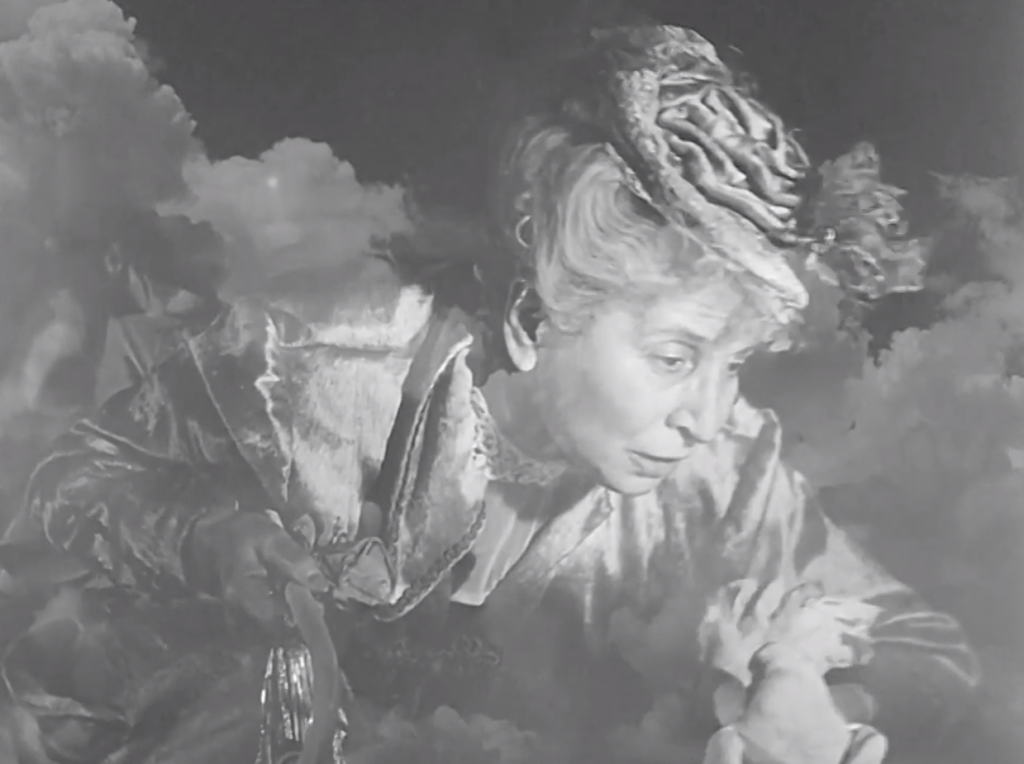
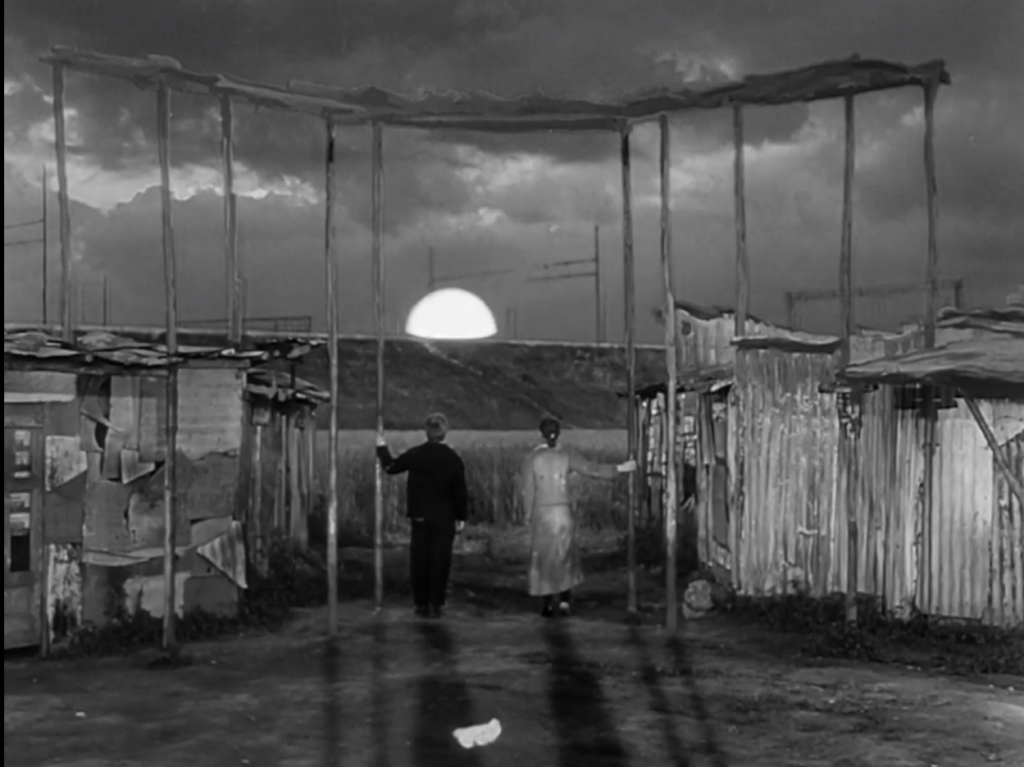
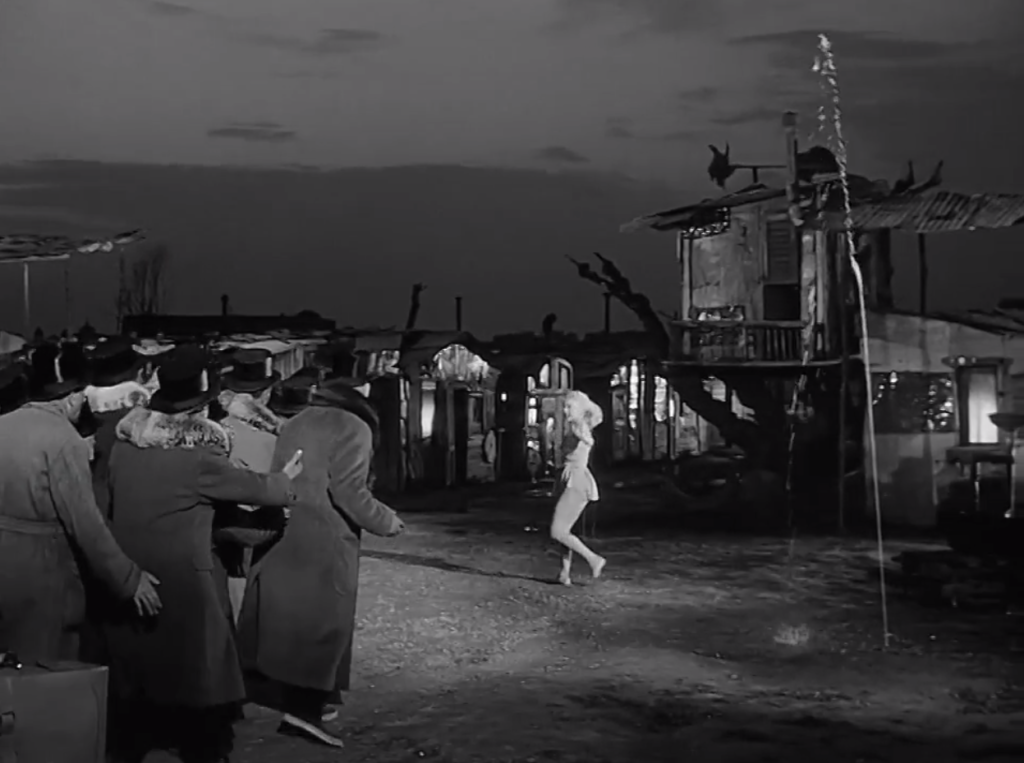
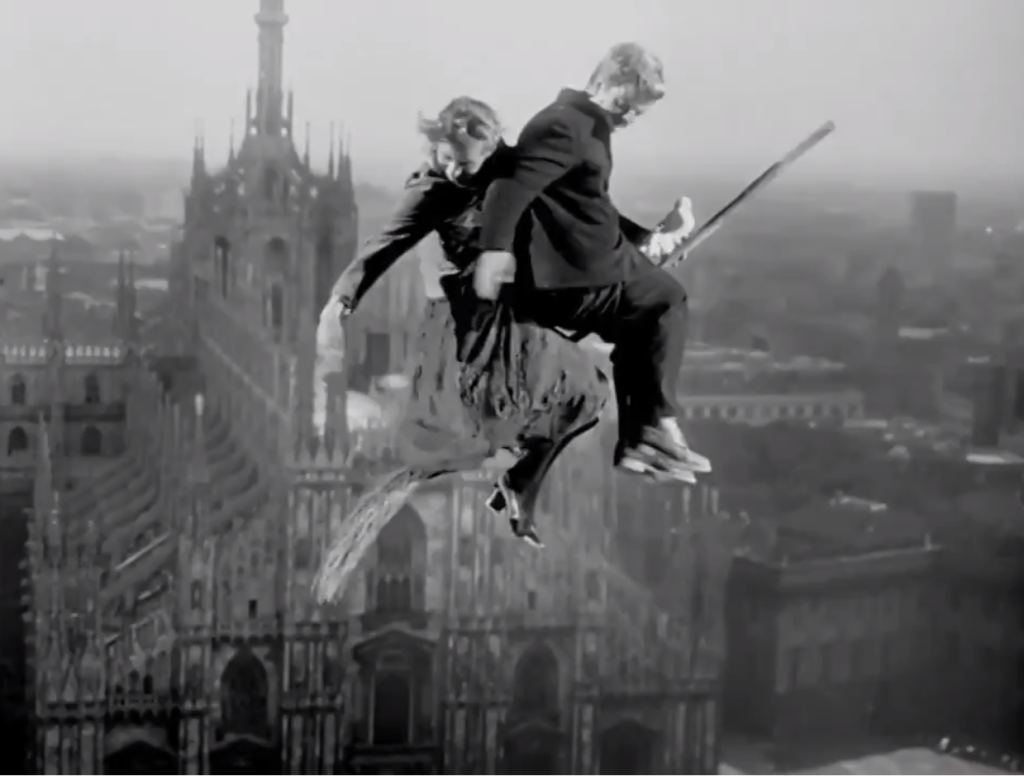
One thought on “Miracle in Milan (1951)”
First viewing (11/26/21). Must-see, as one of De Sica’s best films. As per my post in ‘The ’40s-’50s in Film’ (fb):
“Here you are, dear. This dove is yours.”
‘Miracle in Milan’ (1951): I’ve seen quite a few films by Vittorio De Sica, but I’ve not seen a De Sica film like this one. That could be because there may not be another De Sica film like this one.
In the postwar years, the director made a name for himself by way of some real downers – like ‘Shoeshine’ and ‘Bicycle Thieves’ – and he would even follow up this film with one of his bleakest, ‘Umberto D’. But with ‘Miracle in Milan’, he made a complete about-face.
‘MIM’ is out-and-out fantasy, a fairy tale supreme – seemingly concocted by way of inspiration by Chaplin, René Clair and Fellini (the score by Alessandro Cicognini brings to mind the many Fellini films composed by Nino Rota).
The film’s episodic plot is not easy to capsulize but perhaps one shouldn’t try – other than to say it follows the life of an orphan boy who becomes a symbol of faith for the downtrodden. I attempted at one point to analyze the story (or at least to connect the dots) while I was watching…. but then I gave that up. I don’t see much by way of religious dogma here but I do see a message of hope – one which may have been quite welcome to Italians after the war.
The film has a lot of charm and a full supply of whimsy. And there are times when a film’s mission is simply to uplift.
Awards: Grand Prize (Cannes); Best Foreign Film (New York Critics Circle Award); Best Foreign Film (National Board of Review); Best Film from any source and Best Actor Francesco Golisano (as Totò) (BAFTA).